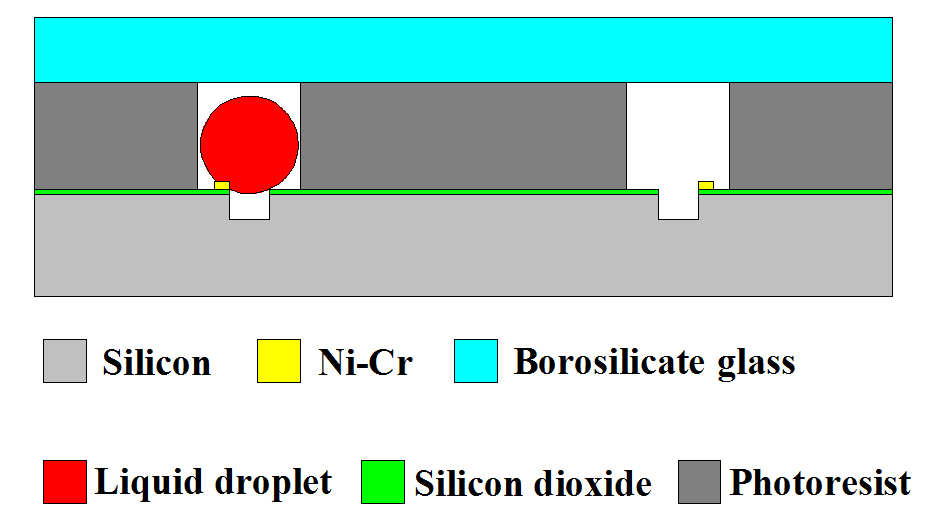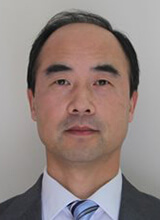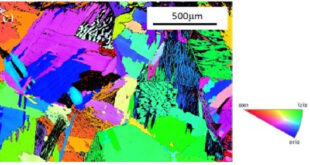Significance
Recent technological advancement in the micromechanical systems field has led to the development of more efficient sensors with vast application in numerous areas including military and civil. Currently, solid structures are used as sensing elements in a majority of micromechanical sensors owing to their accuracy and dynamic characteristics. Unfortunately, the complexity of the related fabrication processes of the solid structures has resulted in a corresponding increase in the cost of the sensors thus prompting researchers to look for alternative solutions.
Recent studies have identified liquid droplet as a suitable alternative sensitive element owing to its high overload resilience and less complex fabrication process. However, regardless of such improvements, it is still difficult to fully explore liquid droplet inclinometer sensors which possess great potential applications. For instance, in a recently published literature, using liquid mercury droplets as sensing elements resulted in several challenges such as the need for complex optical equipment and limited fabrication processes that increasing the entire sensor costs, rendering the process unsuitable for fabricating efficient liquid micromechanical systems inclinometer sensors.
To this note, Han-yang Xu (PhD candidate), Professor Yu-long Zhao, Kai Zhang, and Zi-xi Wang at Xi’an Jiaotong University from State Key Laboratory for Manufacturing Systems Engineering in collaboration with Professor Kyle Jiang from the School of Mechanical Engineering at the University of Birmingham developed a liquid micromechanical systems inclinometer sensor based on the liquid droplet as the sensing element. In particular, they proposed a criterion for the design, fabrication, and characterization of the sensors which involved electrodes that functioned to reflect the liquid metal position to determine the tilt angle. Their work is currently published in the research journal, Sensors and Actuators A: Physical.
In brief, the sensor design entailed an array of electrodes and hydrophobic annular groove contained in a bottom substrate. The annular channel provided the path for movement of the liquid metal droplet with the help of gravity. The middle layer comprised of annular channels whose patterns and geometric sizes were designed based on the relationship between the output and input signals of the sensor. Eventually, the proposed fabrication process of the liquid micromechanical systems sensor was verified through the tilting experiments.
The authors observed that the newly developed sensor exhibited a significantly wide measuring angle of ±45o and a resolution of 3.6250. In addition, it was noted that the accuracy and measurement range of the sensors could be improved by increasing the electrodes number and the annular grooves widths. Furthermore, the fabrication process involved a few steps thus reducing the overall manufacturing costs as compared to its solid micromechanical systems gyroscopes counterparts.
In summary, the study by Han-yang Xu and colleagues demonstrated an efficient design, fabrication, and characterization of a liquid micromechanical systems sensor. In general, their work elucidated on the key improvements including the outstanding resilience against impact, enhanced accuracy and sensitivity which will advance their application in various field in measuring accelerations, angles displacements among others.


Reference
Xu, H., Zhao, Y., Zhang, K., Wang, Z., & Jiang, K. (2019). A liquid MEMS inclinometer sensor with improved sensitivity. Sensors and Actuators A: Physical, 285, 369-377.
Go To Sensors and Actuators A: Physical Advances in Engineering Advances in Engineering features breaking research judged by Advances in Engineering advisory team to be of key importance in the Engineering field. Papers are selected from over 10,000 published each week from most peer reviewed journals.
Advances in Engineering Advances in Engineering features breaking research judged by Advances in Engineering advisory team to be of key importance in the Engineering field. Papers are selected from over 10,000 published each week from most peer reviewed journals.




